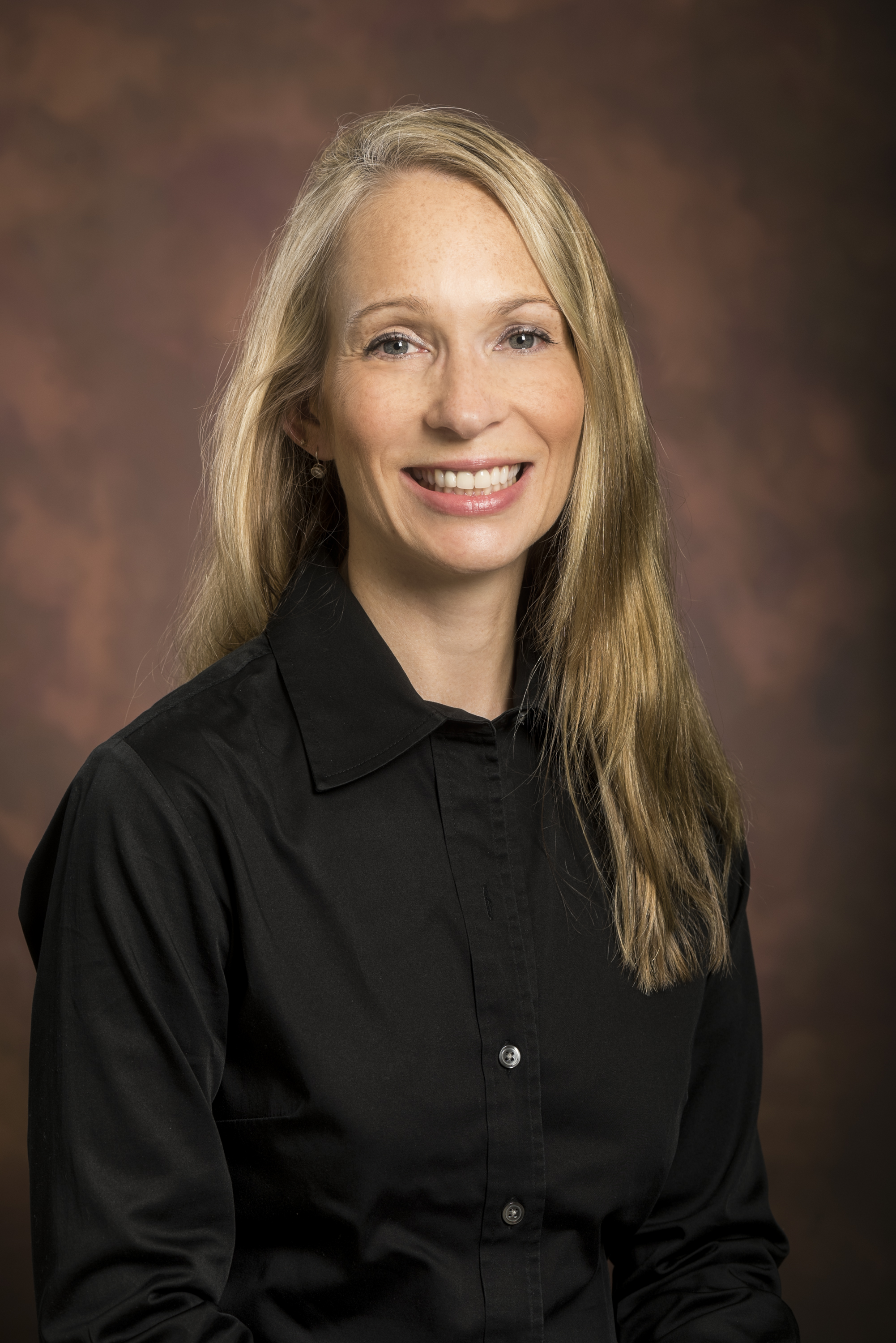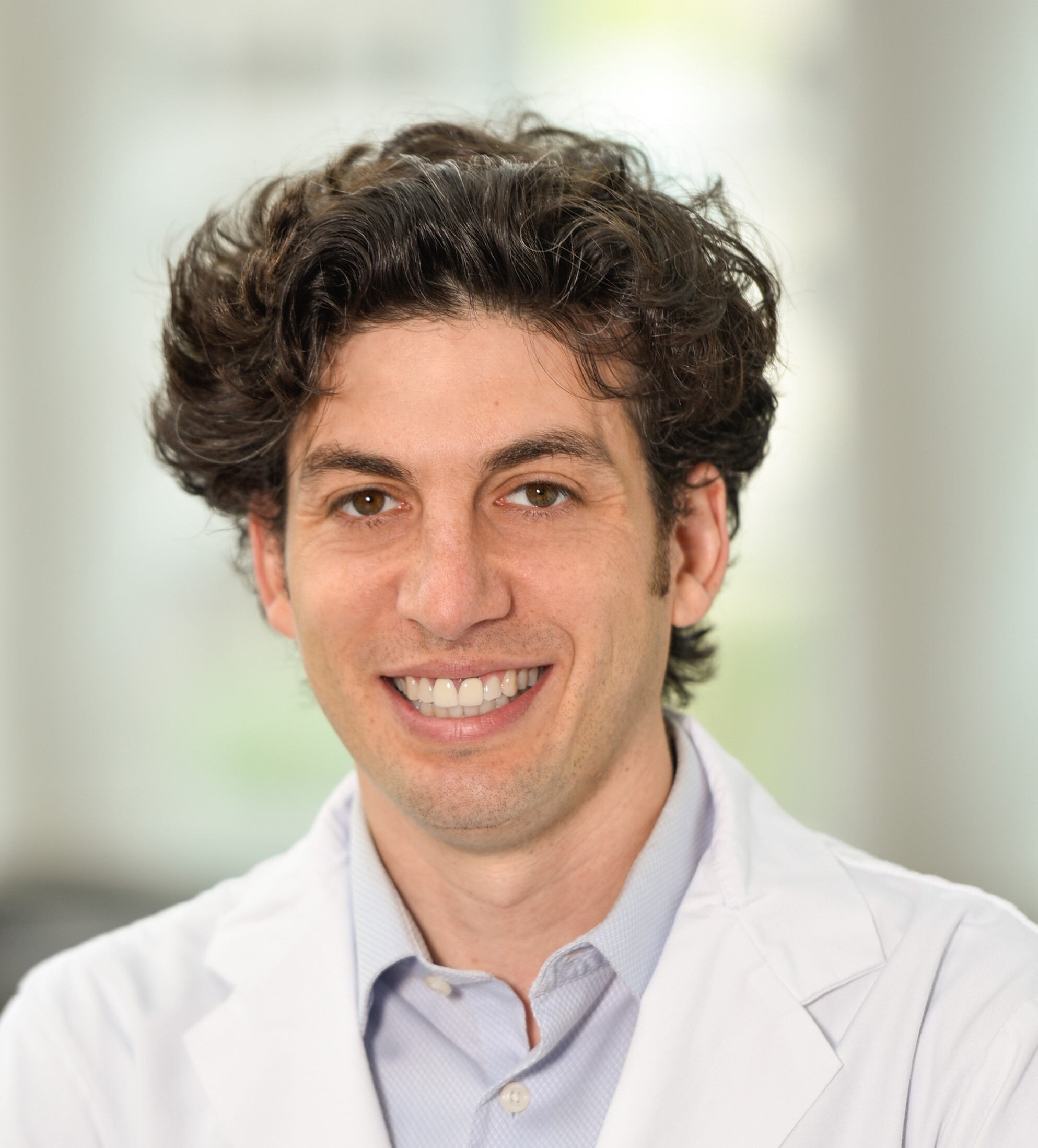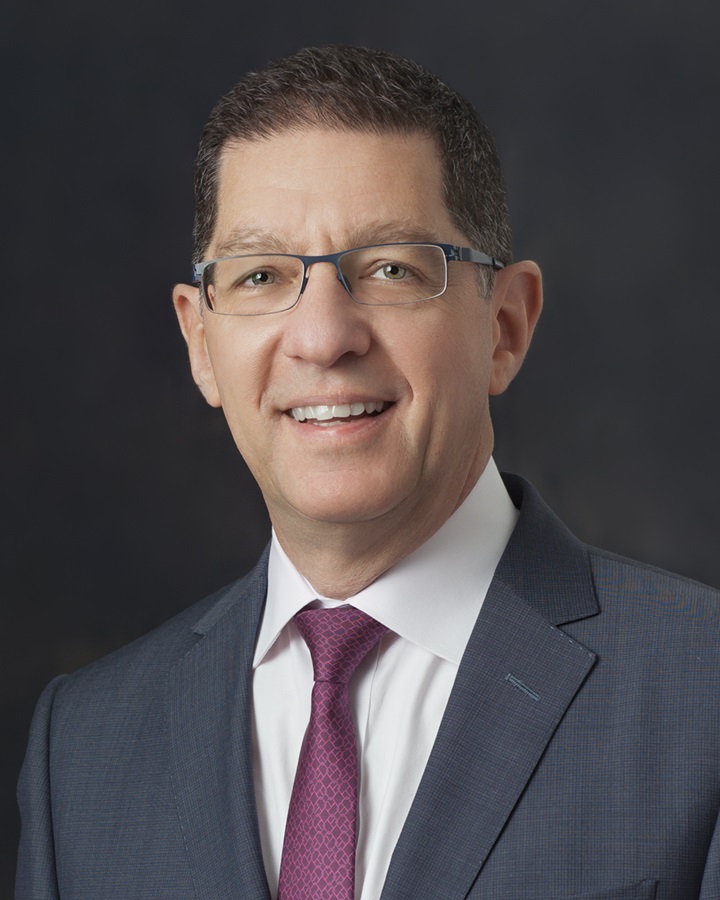
Fundamentals of Liver Disease- Hepatitis C
The Fundamentals of Liver Disease Hepatitis C unit currently does not offer CME, CE or MOC. This unit is available for viewing purposes only. A newly updated version will be available soon for credits or points. Check back for updates!
There is currently an anticipated shortage of trained providers capable of diagnosing and treating different liver diseases. As a result of this increased demand and limited specialists in the field, more and more front line providers are faced with these patients and do not have the experience or resources that will allow them to manage them appropriately.
The overall goal is to improve patient care by increasing learner competence and confidence in both proper patient identification and assessment and increasing learner performance in therapeutic options and on-treatment management strategies for patients. Patient outcomes will be improved as a result of the improvements in more providers understanding these key components in the management and care of patients with liver diseases.
Key topic areas:
HCV: Epidemiology and Screening
Patient with new diagnosis of HCV (anti-HCV positive)
Assessing severity of liver disease in HCV
Management of the Patient with Chronic HCV
Management of the Chronic HCV Patient with co-morbid and other conditions
Antiviral treatment of the patient with HCV infection
Management of patients with HCV who have achieved a virological "cure"
The Pediatric patient with HCV
COMPONENTS
Online:
8 online interactive, narrated modules 30 to 40 minutes in length
Pre- and post-test questions for each module
Original release date: April 10, 2014
Review date:July 1, 2017
Re-release date: December 1, 2017
Expiration date: November 30, 2019
Time to complete each module: 45-60 minutes
Copyright:
All faculty in this activity have given their permission for publication OR
©2017 AASLD
Contact Information
For questions on CE credit for this activity contact Certificate@AmedcoEmail.com
For questions on MOC/CME/CE content or the activity web site, contact education@aasld.org.
John W. Ward
John W. Ward, MD created and directs the Coalition for Global Hepatitis Elimination of the Task Force for Global Health. He received his medical training at the University of Alabama at Birmingham and University of Washington and currently is a Professor in the Hubert Department of Global Health, Rollins School of Public Health, Emory University. Dr. Ward is an advisor to WHO Geneva, PAHO, WPRO, and the African Union. Dr. Ward chairs the AASLD Task Force for Hepatitis Elimination. Over a 13-year tenure, Dr. Ward directed the US CDC Division of Viral Hepatitis including hepatitis surveillance, prevention, and research. At the national level, Dr. Ward developed recommendations for hepatitis A and hepatitis B vaccination, hepatitis B and hepatitis C screening, and authored the first national action plan for hepatitis prevention. Dr. Ward guided the launch of pioneer HCV elimination programs. Previously, Dr. Ward led US HIV/AIDS surveillance. Ward has authored over 150 scientific publications.

Nancy S. Reau
Dr. Nancy Reau is currently Associate Director of Solid Organ Transplantation and Section Chief of Hepatology at Rush University Medical Center. Dr Reau’s research interest is in viral hepatitis drug development as well as utilisation. She has authored or co-authored over 100 peer-reviewed articles, invited reviews, editorials and online programmes, as well as several book chapters, and two books. She is the editor in chief for Clinical Liver Disease, the AASLD multimedia journal. She was one of the original authors of the AASLD/IDSA hepatitis C guidance document. She is currently a member of the steering committee for the hepatitis C special interest group for the AASLD and is a member of the gastroenterology writing committee for the American Board of Internal Medicine.

Jordan J. Feld
Jordan J. Feld, MD, MPH, FAASLD attended medical school at the University of Toronto and then completed residency programs in Internal Medicine and Gastroenterology. Following his clinical training, Dr. Feld focused on developing skills in clinical and laboratory research in liver disease, with a particular interest in viral hepatitis. He completed a clinical research fellowship in hepatology and then spent four years doing clinical and laboratory research in the Liver Diseases Branch of the National Institutes of Health. He received a Master of Public Health with a focus on infectious diseases as a Sommer Scholar from Johns Hopkins University and has worked extensively abroad, maintaining a strong interest in International Health.
Dr. Feld holds the R. Phelan Chair in Translational Liver Research as a clinician-scientist at the Toronto Centre for Liver Disease in the Toronto General Hospital and the Sandra Rotman Centre for Global Health at the University of Toronto. He leads a large clinical research team evaluating new therapeutics and diagnostics for hepatitis B and C virus infections and has led pivotal international trials to establish new treatment paradigms. He serves on the AASLD/IDSA hepatitis C treatment guidance panel and the Pan American Health Organization Technical Advisory Group on Viral Hepatitis and has co-chaired international congresses including the International Symposium on Viral Hepatitis and Liver Disease, the International Viral Hepatitis Elimination Meeting and HCV2020. He founded and co-Chairs the Schwartz-Reisman Liver Research Centre that brings together all senior investigators doing basic and translational research in liver disease at the University of Toronto. His primary laboratory interests focus on understanding virological adaptations to the intrahepatic antiviral immune response.

Sanjeev Arora

Mark I. Avigan
Mark Avigan, MD, CM, FAASLD received his medical degree from McGill University and was a medical resident and GI fellow in the Georgetown VA Medical Center. Dr. Avigan is Associate Director for Critical Path Initiatives in the Office of Pharmacovigilance and Epidemiology at the U.S. Food and Drug Administration. As a clinical hepatologist with expertise both in drug safety science and cellular regulation, he served as a division director at FDA in drug safety and more recently as an expert consultant for the evaluation of risk surrounding drug-induced liver injury during the life-cycle of drugs and biological agents. Prior to joining FDA, Dr. Avigan served as a staff fellow at the NIH and then became a faculty member at the Georgetown University School of Medicine where he attended patients on the GI/Liver Service. During that period, he led an NIH-funded laboratory as principal investigator to elucidate basic mechanisms in the transcriptional and post-transcriptional regulation of pathways critical for cellular growth and differentiation. He Dr. Avigan is currently an Adjunct Professor of Medicine at the GUMC and is a fellow of the American Association for the Study of Liver Diseases. He has authored or co-authored approximately 140 scientific publications, book chapters and professional meeting abstracts. He has been a long-standing member of the Drug Safety Oversight Board at the agency’s Center for Drug Evaluation and Research and continues to have an active role in national and international public-private partnerships that support enhancement in the scientific and clinical analysis of hepatotoxicity associated with pharmaceuticals and biological agents.

Michael W. Fried
Andrew J. Muir
Andrew Muir, MD, FAASLD is a gastroenterologist whose research activitiesare focused on developing innovative treatments for a variety of liverdiseases. Through his work at the Durham Veterans Administration MedicalCenter, Dr. Muir has participated in the development programs of many of thedirect acting antiviral agents that have revolutionized hepatitis C care. Heassumed the leadership of the Gastroenterology and Hepatology Research programat DCRI in 2010 and has expanded the research portfolio to include other liverdisorders and gastroenterology outcomes. His particular interests include viralhepatitis, primary sclerosing cholangitis, and liver transplantation. He alsohas a longstanding interest in healthcare disparities.

Kathleen B. Schwarz
Key:
Learning Objective:
• Identify patients with liver disease
• Apply diagnostic tests appropriately
• Discuss important counseling
• Recognize treatment/referral priorities
• Identify first line therapies for different liver diseases
• Refer to specialist in a timely and appropriate fashion
This curriculum was developed for Primary Care Providers and any other healthcare provider interested in liver disease.
CME
Accreditation Statement
The American Association for the Study of Liver Diseases (AASLD) is accredited by the Accreditation Council for Continuing Medical Education (ACCME) to provide continuing medical education for physicians.
Credit Designation
AASLD designates this enduring activity for a maximum of 4.0 AMA PRA Category 1 Credits™. Physicians should claim only the credit commensurate with the extent of their participation in the activity.
Nurse
Amedco is accredited as a provider of continuin nursing education by the American Nurses Credentialing Center's Commission on Accreditation. This course is co-provided by Amedco and AASLD. Maximum of 4.0 contact hours.
Maintenance of Certification (MOC) Statement
Successful completion of this CME activity, which includes participation in the evaluation component, enables the participant to earn up to 4.0 MOC points in the American Board of Internal Medicine’s (ABIM) Maintenance of Certification (MOC) program. Participants will earn MOC points equivalent to the amount of CME credits claimed for the activity. It is the CME activity provider’s responsibility to submit participant completion information to ACCME for the purpose of granting ABIM MOC credit.
How to Earn/Claim MOC
• For each module that you wish to claim MOC points for you must:
o Complete the pre-test
o Review/watch the slides in the presentation
o Complete the post-test and pass with a score of 70% or higher (Participants have unlimited attempts to earn the passing score.)
o Claim CME credits (ABIM Rule: MOC points must be equivalent to the amount of CME credits claimed for the activity.)
• AASLD submits MOC points on behalf of its learners to ABIM once a month between 15th-20th. Points are not submitted automatically and will not display immediately on your ABIM MOC Profile.
• MOC points are available for ABIM board certified physicians only.
DISCLOSURE OF CONFLICTS OF INTEREST
AASLD requires all individuals who are in a position to control the content of an educational activity to disclose all relevant financial relationships with any commercial entity producing health-care related products and/or services. Disclosures are collected prior to the start of the educational activity any potential conflicts of interest that exist are resolved prior to implementation of the activity. All disclosures are made available and communicated to the leaner prior the activity beginning.
The faculty, organizers and reviewers have reported the following disclosures:
Juan Abraldes, MD
Faculty
Nothing to disclose
Jasmahon Bajaj, MD
Faculty
Advisory Committees or Review Panels: ALF, ACG
Consulting: Salix, Norgine and Alfa-Wasserman
Grant/Research Support: Grifols, Salix
Thomas Boyer, MD
Faculty
Consulting: Ikaria
Grant/Research Support: Ikaria
Michael Fallon, MD
Faculty
Nothing to disclose
Patrick Kamath, MD
Faculty
Advisory Committees or Review Panels: Sequana
Paul Martin, MD
Faculty
Grant/Research Support: AbbVie and Genfit
Puneeta Tandon, MD
Faculty
Nothing to disclose
Florence Wong, MD
Faculty
Speakers' Bureau: L.W. Gore & Associates
Sanjeev Arora, MD
Organizer
Advisory Committee: CDC Advisory Committee - Hep C
Grant/Research Support: Gilead, Beckman Coulter, Merck, AbbVie
Lauren Beste, MD
Organizer
Nothing to disclose
Michael Fried, MD, FAASLD
Organizer
Grant/Research Support: AbbVie, Bristol-Myers Squibb, Gilead Sciences, Janssen, Merck and NIH
Scientific Consultant: AbbVie, Bristol-Myers Squibb, Gilead Sciences, Janssen, Merck and TARGET PharmaSolutions
Guadalupe Garcia-Tsao, MD
Organizer, Faculty
Advisory Committee: Abbvie, Fibrogen
Leslie Hayes, MD
Organizer
Nothing to disclose
Patrick Horne, MSN, ARNP, FNP-BC
Organizer
Consulting: Gilead Sciences, Bristol-Myers-Squibb, AbbVie
Rennie Mills, PA-C
Organizer
Advisory Board: Gilead
Minhhuyen Nguyen, MD
Organizer
Nothing to disclose
Norah Terrault, MD
Organizer
Consulting: Dynavax Technologies, Novartis Pharmaceuticals, Echosens North America Inc
Continuing Medical Education: Practice Point Communications, Focus Medical Communications, Med IQ, PRIME Education Inc
Educational Material Development: CCO Hepatitis
John Ward, MD
Organizer
Nothing to disclose
Stephanie Graham, MA
AASLD Staff
Nothing to disclose
Claudia Ventura
AASLD Staff
Nothing to disclose
Online Learning Committee
Calvin Q. Pan, MD, MACP, FAASLD
Reviewer
Advisory Board: BMS, Gilead, Abbvie Grants/Research Support: Gilead, Merck Speakers Bureau: BMS, Gilead, Abbvie, salix, Synergy
Lopa Mishra, MD, FAASLD
Reviewer
Nothing to Disclose
Gene Y Im, MD
Reviewer
Nothing to Disclose
Iris W Liou, MD
Reviewer
Nothing to Disclose
Jesse M Civan, MD
Reviewer
Education: Merck
HoChong Gilles, FNP
Reviewer
Nothing to Disclose
Julius Wilder, MD, PhD
Reviewer
Nothing to Disclose
Nicolas M Intagliata, MD
Reviewer
Consulting: Vital Therapies Grants/Research Support: Vital Therapies, Eisai, Sequana Medical
Andrew S. deLemos, MD
Reviewer
Consulting: Novartis
Samar H. Ibrahim, MBCHB
Reviewer
Nothing to Disclose
This enduring material may contain discussion of products or devices that are not currently labeled for use by the FDA. Faculty members have been advised to disclose to the audience any reference of an unlabeled or investigational use.
The opinions expressed in the educational activity are those of the faculty and do not necessarily represent the views of AASLD. Please refer to the official prescribing information for each product for discussion of approved indications, contraindications, and warnings.
DISCLAIMER
Participants have an implied responsibility to use the newly acquired information to enhance patient outcomes and their own professional development. The information presented in this activity is not meant to serve as a guideline for patient management. Any procedures, medications, or other courses of diagnosis or treatment discussed or suggested in this activity should not be used by clinicians without evaluation of their patients' conditions and possible contraindications on dangers in use, review of any applicable manufacturer's product information, and comparison with recommendations of other authorities.
Acknowledgement of Commercial Support:
No commercial support was received for this enduring material activity.

